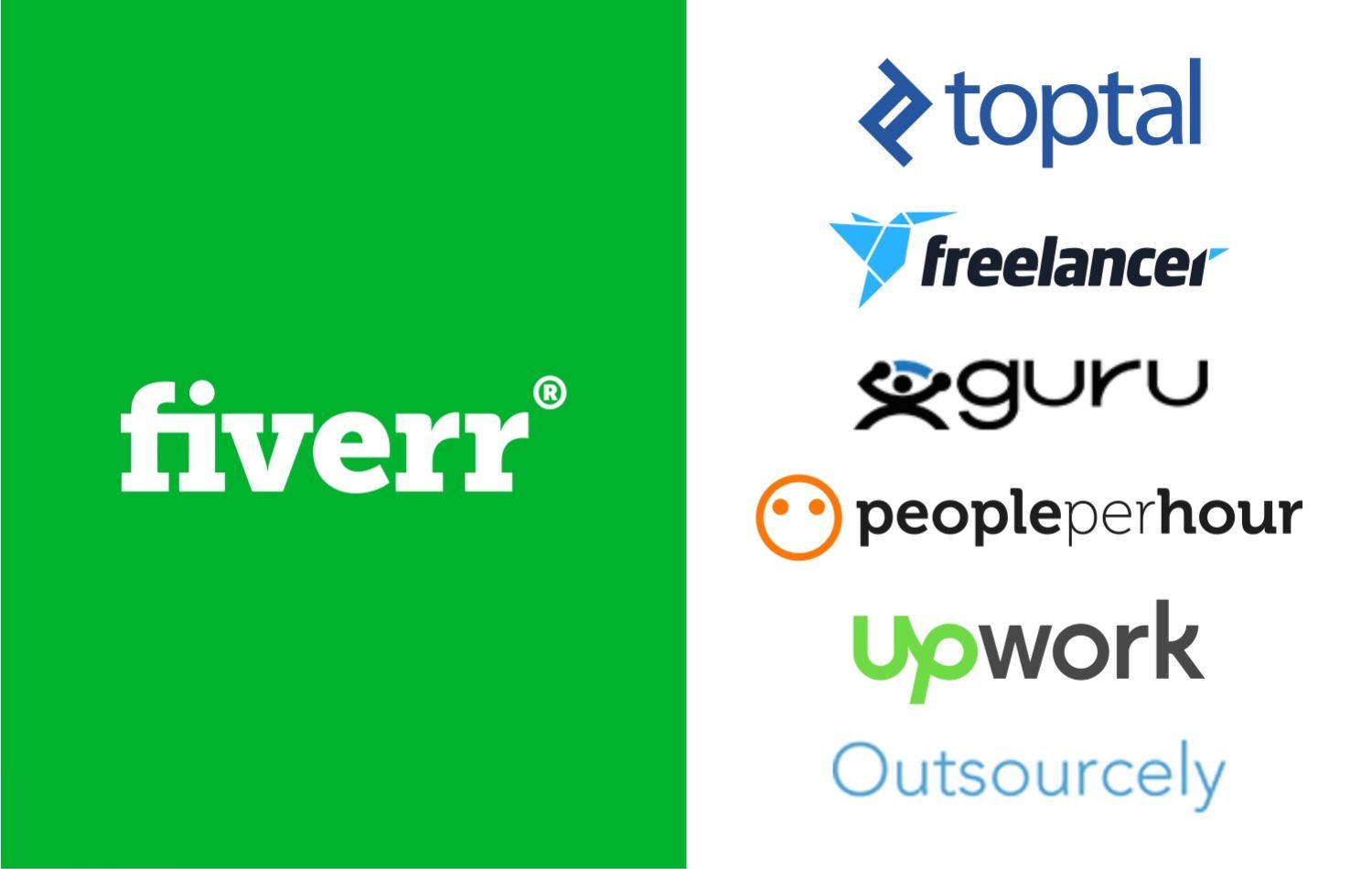How will the new DAC7 directive affect freelancers in the EU?

Freelancers often face a number of challenges, including the need to manage their own taxes. This can be a significant challenge because freelancers are responsible for setting aside money to pay their taxes throughout the year, rather than having taxes withheld from their paychecks as is the case for traditional employees. In addition, freelancers may be required to pay estimated taxes on a quarterly basis, which can be challenging to manage without a steady income. Finally, freelancers may need to navigate complex tax laws and keep track of deductible expenses, which can be time-consuming and challenging. A majority of EU freelancers working on digital work platforms most likely are not declaring their income and paying taxes based on the reasons mentioned above, but with the new EU DAC7 directive, freelancers will have to find ways how to make this income official and legal.
What is DAC7?
DAC7 (short for 7th amendment to EU’s Directive on Administrative Cooperation ) is a Council Directive adopted by the European Union, amending the original directive 2011/16/EU. In layman’s terms, this directive expands the existing tax transparency rules to digital platforms . According to this directive, every digital platform operator conducting services in the EU now has to register for a Platform Operator ID and report the revenue generated by sellers using their platform.
This amendment is aimed to make tax cooperation between EU member states smoother and make it easier for local tax authorities to collect taxes. This also means the scope of the automatic exchange of information between tax authorities in member states is being extended.
As per the DAC7 proposal, an obligation will be assigned to digital platforms to report the income earned by sellers of goods and services who make use of their platforms to the local tax authorities. The rules are proposed to impact both EU-resident digital platform operators and non-EU, foreign, digital platform operators.
Reportable activities will include:
- the rental of immovable property (Airbnb, Booking.com);
- the provision of personal services (Uber, Bolt, Wolt, TaskRabbit, Fiverr, Upwork, 99designs, Toptal, Twitch;)
- the sale of goods (Amazon, eBay, Etsy);
- the rental of any mode of transport (Turo, Click & Boat);
- and investment and lending in the context of crowdfunding.
Exclusions
- Websites of companies that only sell that company’s own goods
- Payment processing platforms (for example, PayPal)
- Platforms on which users can list items for sale, but the platform itself does not take part in facilitating the sale transaction or is not aware of the value of transactions (for example, Facebook Marketplace)
Reportable information will include
- demographic information for sellers
- Tax Identification Number (‘TIN’)
- VAT registration number,
- details of amounts paid to sellers and platform fees that they have incurred in each quarter.
When to expect my revenues to be reported to local tax authorities?
On March 22, 2021, the European Council adopted DAC7. It ordered EU members to fully implement the directive into national law by December 31, 2022. Of course, this is at the national government level.
At the business level - first DAC7 reports must be submitted by January 31, 2024. That first report will be based on 2023 sellers’ data. So digital platforms need to collect, backfill, and validate all the required information now. The data validation of pre-existing sellers needs to be finished by December 31, 2024.
How will it affect freelancers?
The DAC7 directive will affect those freelancers who don't have their legal entities registered, therefore they do not possess a tax identification number - TIN (sole trader, sole proprietor, self-employed, auto-entrepreneur, etc.) and VAT ID number. Reminder - all legal entities in the EU, providing services and goods to cross-border customers, must apply for VAT ID, which should be included in all commercial documentation (invoices).

I receive money from Upwork. What should I do to legalize this income if I don't have a company?
The first option for you would be setting up a self-employed or sole trader legal entity and registering with local tax authorities. The next step would be applying for VAT payer status. This can be time-consuming and challenging, not even mentioning monthly VAT returns filing.
The easiest and fastest option would be signing up for a virtual company, or company-as-a-service like Abill.io. abillio is a cross-border invoicing and tax compliance platform, that provides company-as-a-service for freelancers and digital content creators to legally receive income from digital platforms and help them calculate and pay income tax.